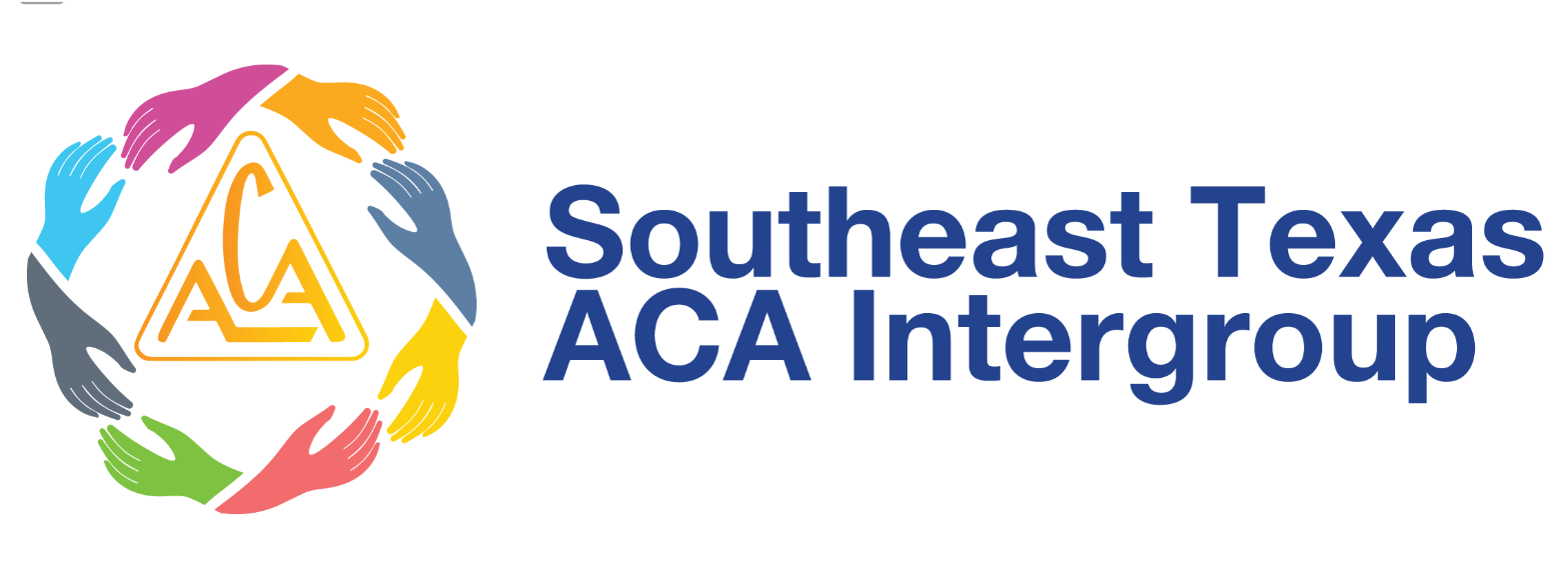The concept of Adult Child came from Alateens who bagan the Hope for Adult Children of Alchoholics meeting. The original members of our fellowship, who were over eighteen years old, were adults; but as children they grew up in alcoholic homes.
Adult Child also means that when confronted, we regress into a stage in our childhood.
– ACA History – an interview with Tony A., 1992
____________________
Adult Children of Alcoholics uses the words of fellowship co-founder Tony A. as a foundation to define the adult child personality.
An adult child is someone who responds to adult situations with self-doubt, self-blame, or a sense of being wrong or inferior, all learned from stages of childhood.
Without help, we unknowingly operate with ineffective thoughts and judgments as adults. The regression can be subtle, but it is there sabotaging our decisions and relationships.
The following questions can help you decide if alcoholism or other family dysfunction existed in your family. If your parents did not drink, your grandparents may have drank and passed on the disease of family dysfunction to your parents. If alcohol or drugs were not a problem, your home may have been chaotic, unsafe, and lacking nurture like many alcoholic homes.
If you answer “yes” to three or more of these questions, you may be suffering from the effects of growing up in an alcoholic or other dysfunctional family.
❑ Do you recall anyone drinking or taking drugs or being involved in some other behavior that you now believe could be dysfunctional?
❑ Did you avoid bringing friends to your home because of drinking or some other dysfunctional behavior in the home?
❑ Did one of your parents make excuses for the other parent’s drinking or other behaviors?
❑ Did your parents or relatives argue constantly?
❑ Were you drawn into arguments or disagreements and asked to choose sides with one parent or relative against another?
❑ Did you try to protect your brothers or sisters against drinking or other behavior in the family?
❑ As an adult, do you feel immature? Do you feel like you are a child inside?
❑ As an adult, do you believe you are treated like a child when you interact with your parents? Are you continuing to live out a childhood role with the parents?
❑ Do you believe that it is your responsibility to take care of your parents’ feelings or worries? Do other relatives look to you to solve their problems?
❑ Do you fear authority figures and angry people?
❑ Do you constantly seek approval or praise but have difficulty accepting a compliment when one comes your way?
❑ Do you see most forms of criticism as a personal attack?
❑ Do you over commit yourself and then feel angry when others do not appreciate what you do?
❑ Do you think you are responsible for the way another person feels or behaves?
❑ Do you have difficulty identifying feelings?
❑ Do you focus outside yourself for love or security?
❑ Do you involve yourself in the problems of others? Do you feel more alive when there is a crisis?
❑ Do you equate sex with intimacy?
❑ Do you confuse love and pity?
❑ Have you found yourself in a relationship with a compulsive or dangerous person and wonder how you got there?
❑ Do you judge yourself without mercy and guess at what is normal?
❑ Do you behave one way in public and another way at home?
❑ Do you think your parents had a problem with drinking or taking drugs?
❑ Do you think you were affected by the drinking or other dysfunctional behavior of your parents or family?
If you answer “yes” to three or more of these questions, you may be suffering from the effects of growing up in an alcoholic or other dysfunctional family.
Questions from the ACA Fellowship Text, pp. 18–20
